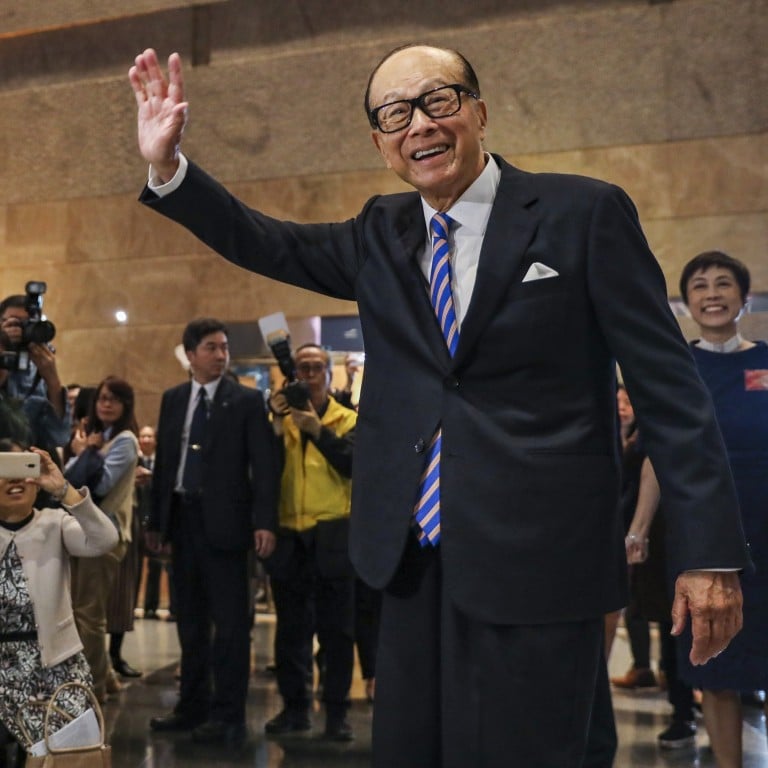
Letters | The blame for Hong Kong’s housing crisis cannot be entirely laid at property developers’ door
- The entrepreneurship of property developers and respect for property rights have helped Hong Kong achieve its status as Asia’s ‘world city’.
- Property tycoons have also shown their concern for the community through their philanthropy
Secondly, a major portion of Hong Kong’s assets – businesses and property – is owned by conglomerates and other actors based in the city. That has significant advantages in terms of the profits generated remaining in Hong Kong or returning to the city in the long term even if invested overseas.
Thirdly, in itself, developers’ entrepreneurship in pursuit of their supposedly profit-oriented goals – though their ambitions are greater than that – benefits Hong Kong as they devise innovative ways to spur economic growth. Also, the taxes they pay go directly into the public coffers.
Jose Alvares, Macau
Golden age of Hong Kong property is over
The question for buyers today is whether prices will ever climb back up to their all-time highs when taking into consideration the real reasons behind the protests – the disparity of wealth between the rich and poor.
Those who believe Hong Kong property is gold might realise soon that this “gold” is also not an income-earning asset but an expense to maintain. Vacancy can ruin Hong Kong’s property market if the protests worsen.
Rishi Teckchandani, Mid-Levels
Government incompetence to blame for housing crisis
The only important message is his last paragraph, where he concerns himself with sheltering the underprivileged. The colonial government did a much better job in providing “emergency housing” for many thousands of refugees from China, and now these bureaucrats who have been paid giant salaries can’t, and have consistently refused to listen to the people’s demands. They should all be fired and Beijing should send in a temporary chief executive to help resolve our massive problems. Apparently, there is no one here who can resolve this terribly catastrophic situation.
Richard Paine, Tai Hang

